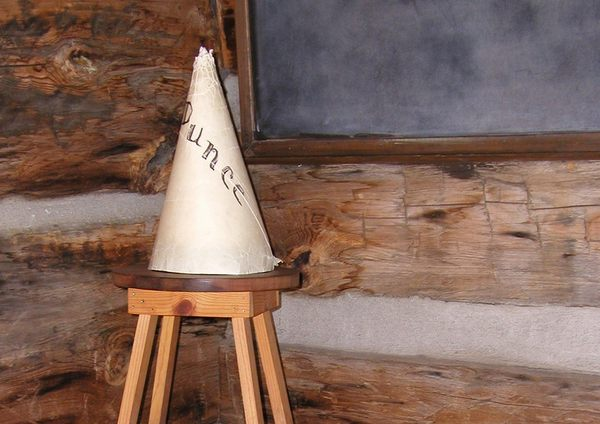The Challenge With A Loss of Relationships Explained Through Extinction
Have you ever been in a relationship whether platonic or romantic and when that relationship ended, you decided to never contact that person again? I have and both times a relationship ended, it became emotionally difficult to avoid avoid talking to them. There were days that I would have believed that I have moved on, and then I would encounter a novel stimulus that would faintly remind me of the relationship, causing the presumably extinguished response of wanting to seek contact to reignite (Stimulus generalization). Of these two relationships, one took me 3 months to move one while the other took 9 months. The first relationship was a platonic one that took me 3 months to move on. The friendship ended on bad terms and while I wasn't the one in the wrong who destroyed my trust, me being someone who cares deeply about my friendships felt compelled to fix the relationship even though it wasn't my fault for what happened. While the friendship still existed, we experienced cont...





